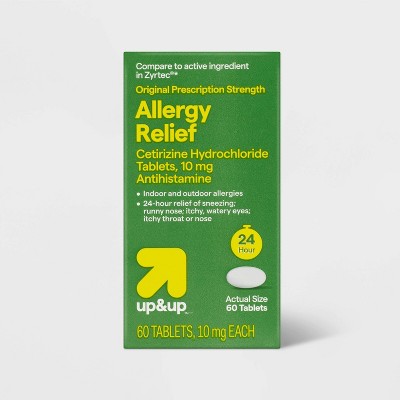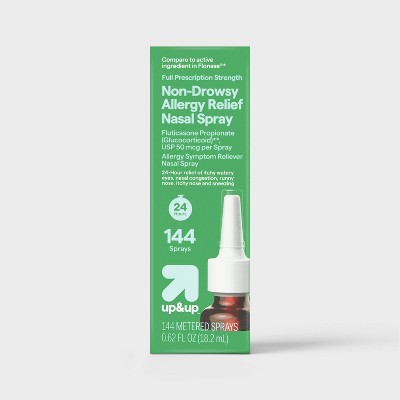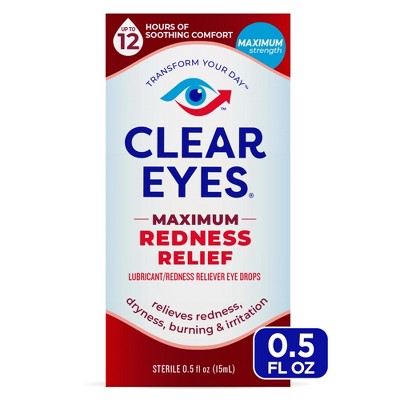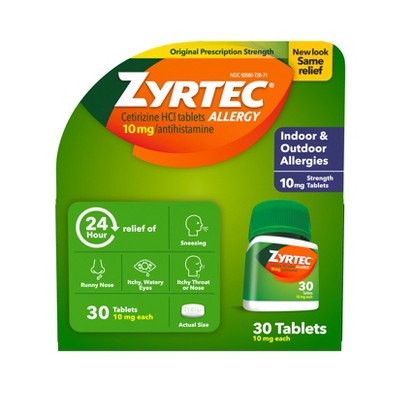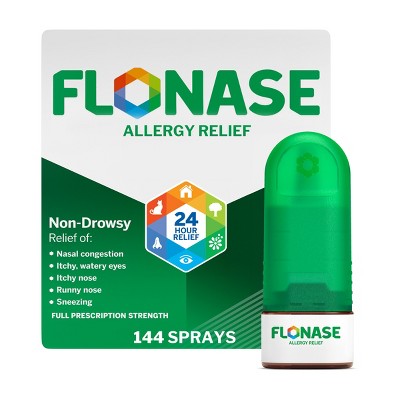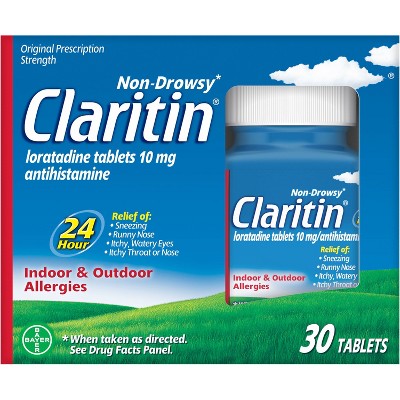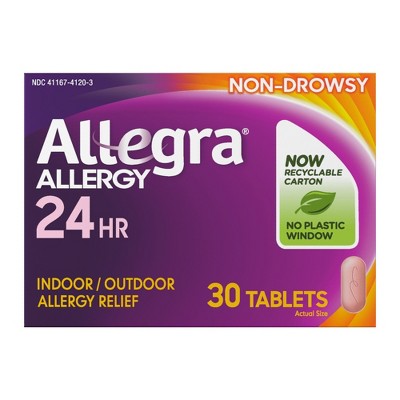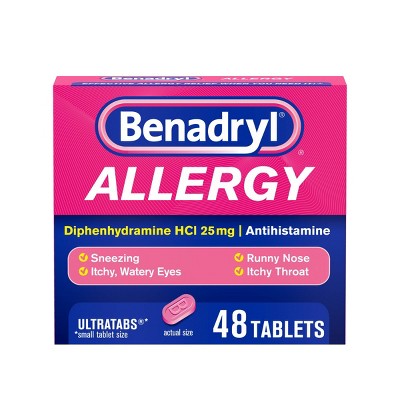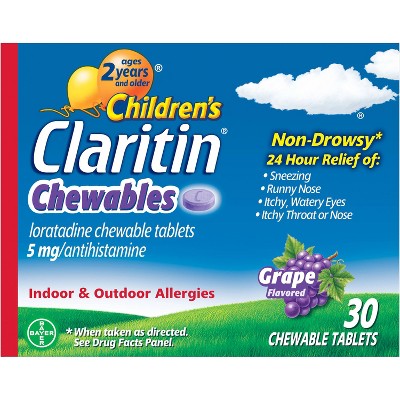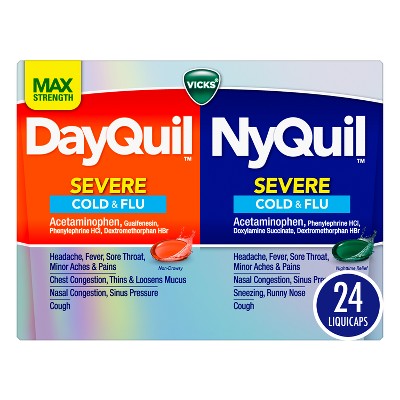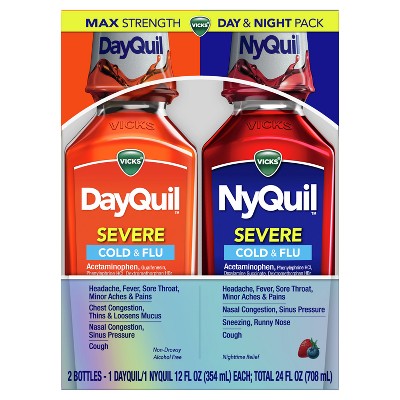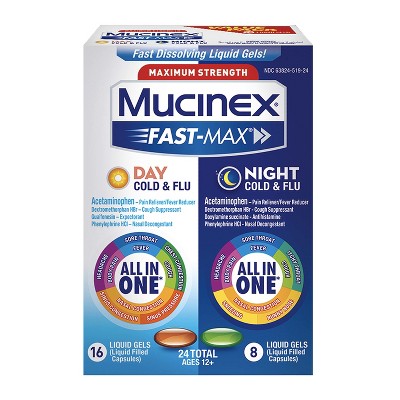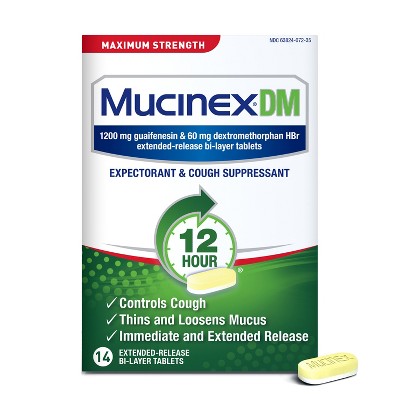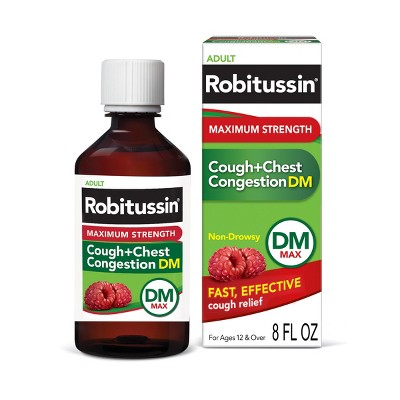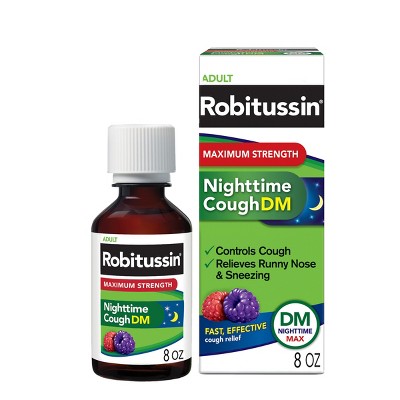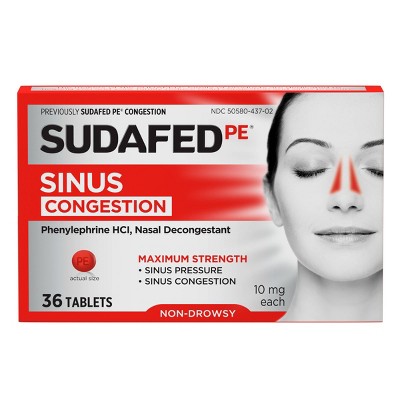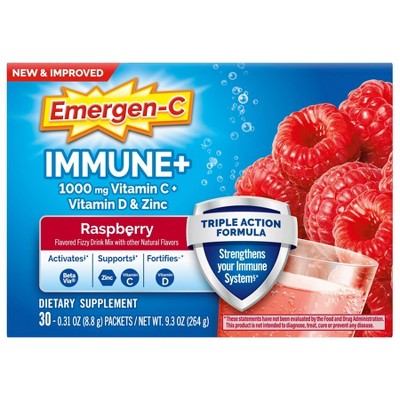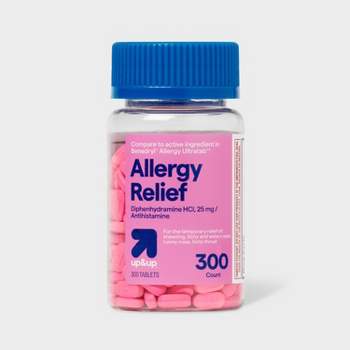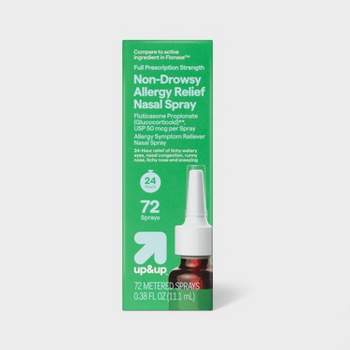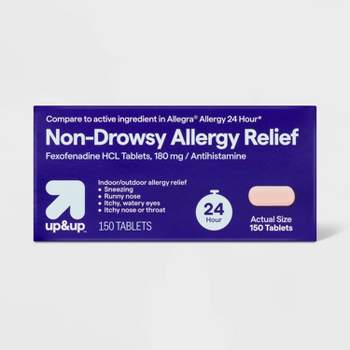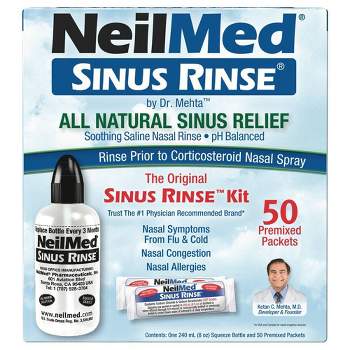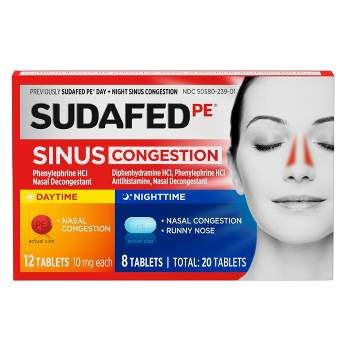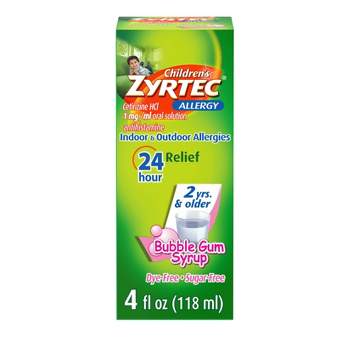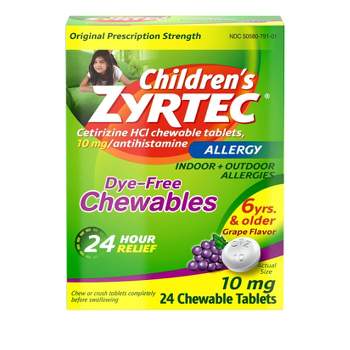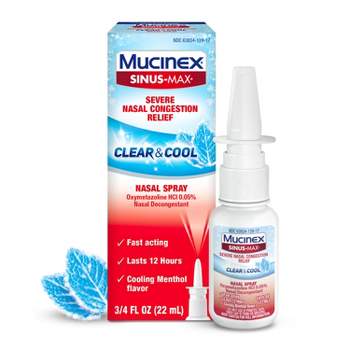Allergy & Sinus
Bestsellers in Allergy & Sinus
Sponsored
490 results
Sponsored
Sponsored
Related categories
Related searches
Trending Searches
- lumify eye drops
- zicam nasal spray
- eye itch relief drops
- triamcinolone nasal spray
- systane ultra pf
- refresh optive mega 3
- nasal congestion spray
- train humidifier
- boogie mist
- expectorant medicine
- tylenol sinus and headache
- flonase for kids
- frida humidifier
- navage salt pods
- zyrtec liquid gels
- childrens afrin 2-6
- kids zyrtec chewable
- childrens xyzal
- mucinex nose spray
- alaway preservative free
- ambrosia medicine
- kids non drowsy allergy medicine
- children's claritin chewables
- is covixyl safe
- wedderspoon manuka honey drops
- zyrtec dissolve tabs kids
- kleenex
- owl humidifier
- sinex saline reviews
- kids nasal strips
- mometasone furoate over the counter
- blink n clean
- benadryl go packs
- children's zyrtec chewable 10 mg
- rohto max strength review
- benadryl congestion kids
- simply saline nasal mist extra strength
- afrin kids
- puffs with vicks discontinued
- cetirizine toddler
- allergy medicine for runny nose
- kleenex ultra soft facial tissues, 120 count (pack of 8) (960 total tissues)
- arm and hammer saline nasal spray
- up and up zyrtec
- xyzal allergy pills, 24-hour allergy relief, original prescription strength,55 count (pack of 2)
- systane complete twin pack
- good sense allergy relief
- breathe right extra strength clear nasal strips
- is refresh tears preservative free
- sinus calm reviews
- ambrosia 30
- cetirizine 300 tablets
- breathe right lavender
- clear eyes eye drops review
- sinex kids
- halls inhaler
- flonase bottle size
- optique eye drops discontinued
- benadryl.com
- dr talbot's nasal aspirator
- splash tears eye drops reviews
- hyland's seasonal allergy relief
- kleenex cooling lotion
- navage eucalyptus saltpod
- lumify eye drops coupon
- can a 2 year old use flonase
- visine totality
- crane droplet humidifier
- crane cordless inhaler
- refresh gel drops
- allegra 30 tablets
- pataday extra strength reviews
- kleenex with lotion
- children's zyrtec dye free
- allercetin allergy & sinus reviews
- claritin 70 tablets
- zyrtec chewable
- frog humidifier
- allegra gelcaps
- afrin no drip severe congestion 12 hours relief nasal decongestant bottle, 0.67 fl oz (pack of 2)
- dr noze best filters
- alkaline nasal spray
- where can i buy liquid benadryl for adults
- digi eye drops
- allegra 70 count
- aerosol nasal spray
- allermax
- ocean nasal spray
- allegra 90 count
- refresh digital
- pataday twice daily relief
- benadryl chewable for adults
- capsaicin spray
- thera tears recall
- baby eye wipes
- beekeepers natural nasal spray
- spongia tosta 30c
- xyzal 80 count
- travel kleenex
- allegra gel caps
- kleenex anti viral tissues
- children's benadryl liquid
- elephant humidifier
- thera tears preservative free
- azelastine otc
- blink geltears lubricating dry eye drops
- boiron eye drops
- opti free rewetting drops
- saline packets
- snot sucker
- vicks steam inhaler
- refresh relieva for contacts
- clear eyes maximum redness relief
- mometasone furoate nasal spray
- allegra hives reviews
- clartin
- allegra liquid
- clear eyes 7 symptom relief
- fluticasone furoate
- rohto optic glow
- up and up allergy relief
- blink contact eye drops
- sinupulse
- bioelectronic sinus device
- alavert
- blink triple care
- zyrtec
- neilmed sinus rinse packets
- benadryl extra strength
- claritin
- refresh optive advanced
- nasacort generic
- benadryl ingredients
- refresh relieva
- vicks inhaler
- biotrue eye drops
- over the counter inhaler
- xylitol nasal spray
- azelastine
- refresh optive
- refresh celluvisc
- refresh plus eye drops
- children's claritin
- levocetirizine
- systane gel drops
- zaditor eye drops
- systane balance eye drops
- systane complete pf
- benadryl tablets
Allergy & Sinus
Allergies are a common health concern affecting millions of people worldwide. They occur when the immune system reacts to harmless substances, known as allergens, as if they were harmful invaders. Understanding allergies, their triggers, and how to prevent them is essential for managing symptoms and improving overall well-being.
What are Allergies?
Allergies are the body’s immune response to allergens, which can vary from person to person. When individuals with allergies come into contact with these triggers, their immune system releases histamines, causing symptoms.
Common Symptoms:
Symptoms can manifest in various ways, such as:
- Runny nose: A common symptom of allergies, where the nasal passages produce excessive mucus in response to triggers.
- Congestion: Allergies can lead to nasal congestion, making breathing difficult.
- Watery eyes: Allergic reactions can cause the eyes to become watery and itchy.
- Sneezing: Frequent sneezes are another common symptom experienced during an allergic reaction.br]
Seasonal Allergies:
Seasonal allergies are triggered by specific allergens that are prevalent during certain times of the year. Commonly referred to as hay fever or allergic rhinitis, seasonal allergies can occur during the spring, summer, or fall. Understanding the allergy seasons can help individuals prepare and take preventive measures.
Identifying Triggers:
Allergens can vary widely and include pollen, dust mites, pet dander, mold spores, and certain foods. Identifying the specific triggers responsible for your allergies is crucial for effective prevention.
Prevention Strategies:
- Keep your living spaces clean: Regularly dust, vacuum, and clean your home to reduce allergens like dust mites and pet dander.
- Monitor pollen counts: Stay indoors on high pollen days, especially during allergy seasons.
- Use air purifiers: Invest in air purifiers to filter out allergens from the indoor air.
- Wash bedding frequently: Wash your bedding, including pillows and blankets, in hot water to eliminate dust mites.
- Limit outdoor activities: Avoid outdoor activities during peak pollen hours.
- Use nasal sprays: Nasal sprays can provide relief from congestion and other allergy symptoms. Consult your doctor to find the right nasal spray or allergy medication for you.
- Consider antihistamines: Antihistamines can help block the effects of histamines and alleviate symptoms like runny nose and sneezes. Be cautious of potential drowsiness side effects of this allergy medication, especially when operating machinery or driving.
- Explore allergy medicine: Allergy medicines, such as cetirizine, can effectively manage allergies. Always follow your healthcare professional’s advice and dosage recommendations.
Conclusion:
Allergies are a common health issue that can significantly impact one’s quality of life. Identifying allergens, understanding symptoms, and taking preventive measures are crucial steps to managing allergies effectively. Over-the-counter antihistamines, nasal sprays, and allergy medicines can provide much-needed relief, but it’s always best to consult a healthcare professional for personalized advice and treatment options. By staying informed and proactive, individuals can reduce the impact of allergies on their daily lives and enjoy a healthier, symptom-free existence.
FAQs (Frequently Asked Questions)
- Can I take allergy and sinus medicine with other medications?
It’s always wise to consult with a healthcare professional before combining any medications. They can assess potential interactions and guide you on the safest course of action.
- How long does it take for allergy and sinus medicine to work?
The onset of action can vary depending on the specific medication. Some may provide relief within minutes, while others may take longer. Always follow the instructions provided with the medication for optimal results.
- Are there any side effects associated with allergy and sinus medicine?
Like any medication, allergy and sinus medicine may have potential side effects. Common side effects include drowsiness, dry mouth, and dizziness. It’s essential to read the product labels and consult with a healthcare professional if you have any concerns.

